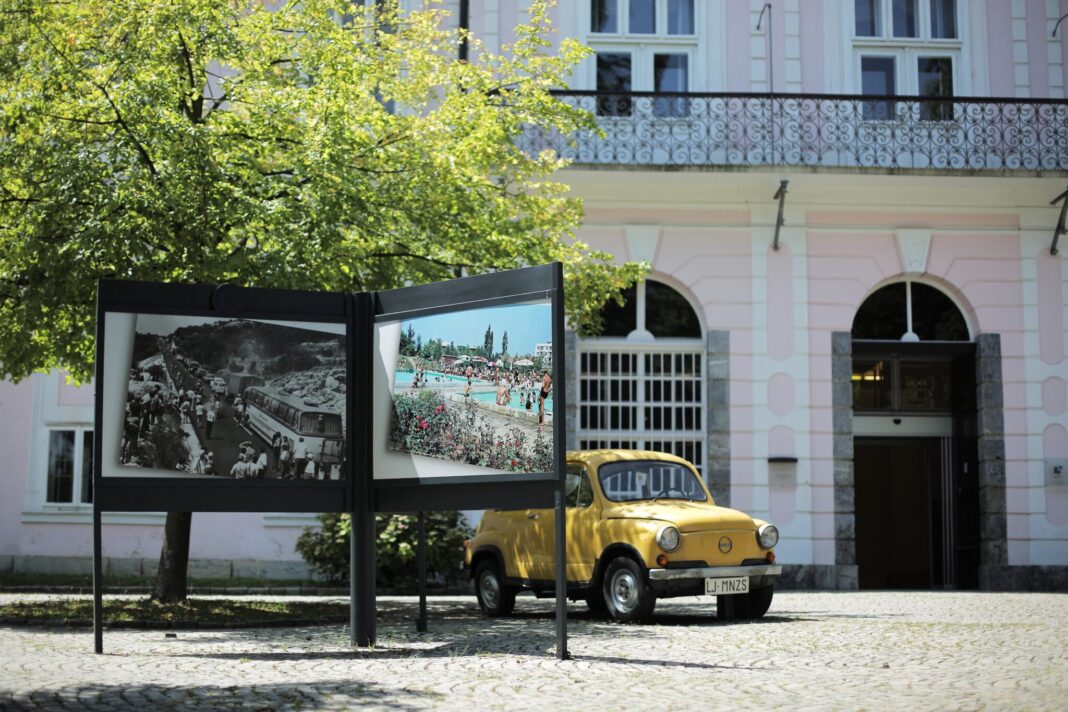By: Employees of the Museum of Modern History
The employees of the Museum of Recent History of Slovenia learned from the media the news of the decision of the Government of the Republic of Slovenia about the abolition of the Museum of Recent History of Slovenia and the Museum of Slovenian Independence and the merger of the two institutions into a new museum institution. No one asked or informed us about the intention to abolish and merge the two institutions, about the professional starting points, meaning, and consequences of the abolition and merger.
Prior to this, there was no public discussion and no substantive, conceptual, financial, and spatial analysis of the merger and its consequences made, at least as far as we know. Considering the limited space, exhibition and storage facilities of the Museum of Recent History of Slovenia, the employees think it is right to emphasise a more thorough engagement with the heritage of independence.
The state should certainly take more exemplary care of its symbolic and heritage foundation for the formation of collective memory, also and especially by providing better working conditions for this.
We understand the method of abolishing the museum as a gross, inadmissible for a democratic society encroachment on the autonomy of a public institution. This act showed the arbitrariness of the authorities towards the employees and the insulting attitude towards the institution, which is celebrating its 75th anniversary this year.
We wonder what this means for the future of museology, its autonomy, professionalism, and heritage. It is our duty to inform the professional public at home and outside Slovenian borders about this. More than thirty years ago, the employees of the then Museum of the People’s Revolution of Slovenia chose their autonomy in a museum and public discussion and successfully carried out the conceptual and substantive renovation of the museum into a professional, scientifically based Museum of Modern History with the aim of preserving, collecting, researching and presenting heritage of the Slovenian space in the 20th and then also in the 21st century: both world wars, the period of royalty, socialism, and later also Slovenian independence.
We have become a professional and recognisable institution that has prepared numerous high-profile exhibitions, publications, and catalogues. The museum expanded its mission, abandoned its previous propaganda role and, without ideological shields, exclusions, and censorship, fully devoted itself to researching the past, preserving and presenting Slovenian heritage. With his work, he opened himself up to various publics and placed himself significantly in the local and international community.
Our guiding principle is the culture of dialogue, which is why we addressed a letter to the Ministry of Culture, in which we call on the ministry for two-way communication, as the current method has introduced considerable discomfort into our working environment, related to the continuation of projects, exhibitions, the existence of jobs and the like.
The employees of the museum want the mission, purpose, and goals of the Museum of Recent History of Slovenia to be preserved in the future. Are such combinations good for Slovenian museums, heritage, and the country? What is the possibility that the merger issue will be reconsidered, and the decision changed?

